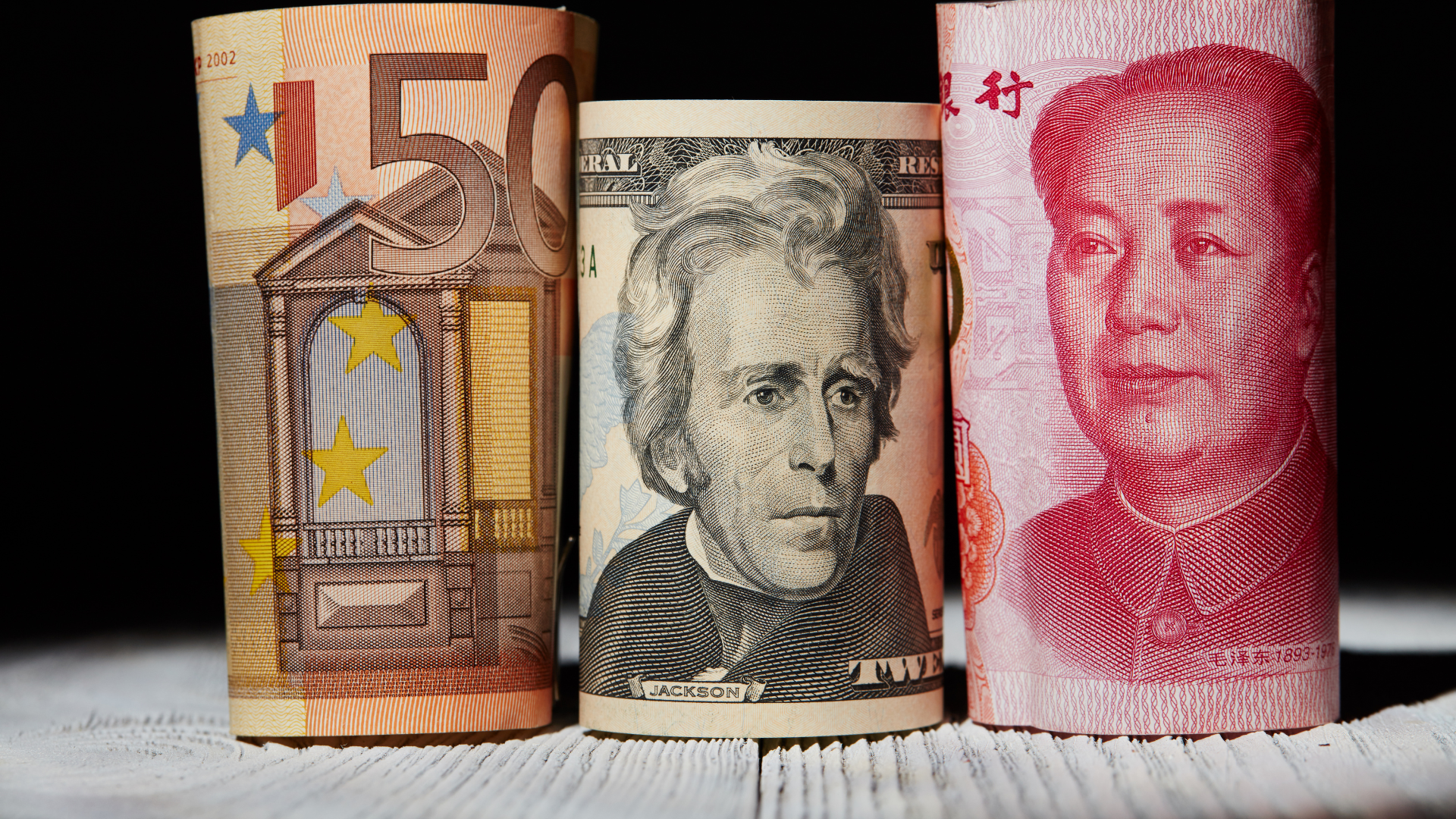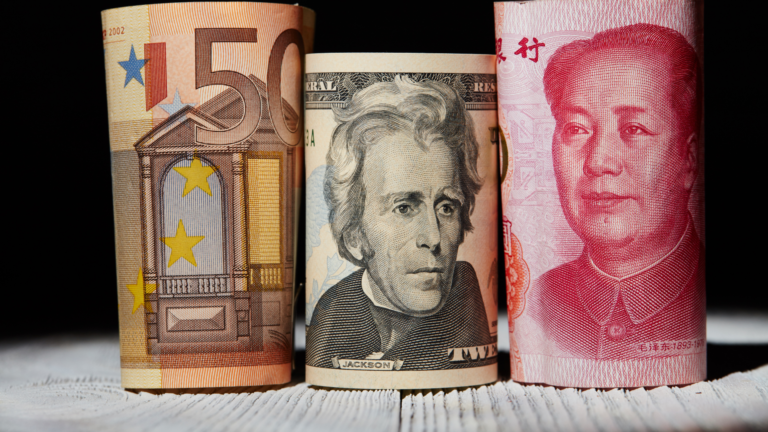China is evaluating a $1.4 trillion fiscal stimulus package to support economic growth, sources told Reuters. If approved, this extensive funding would target infrastructure, technological advancements, and green initiatives, reflecting the government’s commitment to stabilizing the economy as global challenges persist.
While the full scope of the plan is yet to be revealed, substantial investment may flow into sectors like high-tech manufacturing, electric vehicle infrastructure, and renewable energy, aligning with China’s strategic goals of modernization and reduced reliance on traditional industries.
Market reaction to the potential stimulus has seen the Chinese Yuan strengthen, as investors expect that increased domestic demand may positively impact the trade balance. This support could also benefit sectors recently hit by regulatory changes and supply chain issues, further boosting China’s role in green tech and semiconductor production.
With other major economies tightening monetary policy, China’s substantial fiscal approach stands out. While some experts caution about potential debt risks, many argue that China’s structured investment could achieve balanced growth without triggering financial instability.
If launched, the stimulus plan is likely to not only stimulate China’s economy but also influence global markets, affecting commodity prices, currency flows, and financial market trends as investors monitor China’s economic actions closely.






















